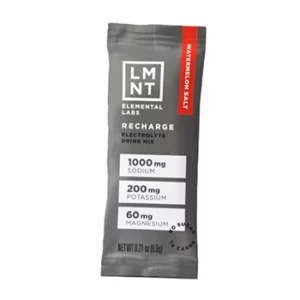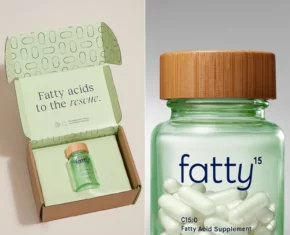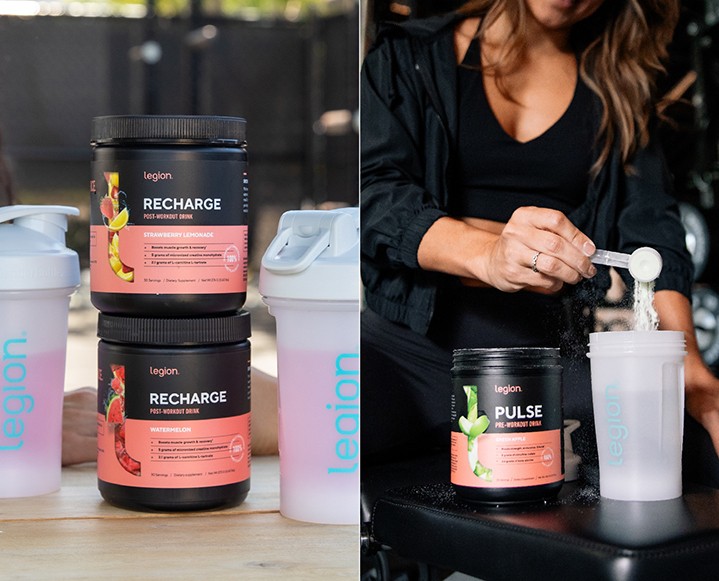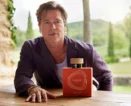We are pounding down our fair share of green juice, adding oil of oregano to our tea, and getting plenty of sleep this winter season. All this in all-out effort to keep our bodies in tip-top shape, staying committed to a healthy and flu-free existence. That means taking all the necessary measures, including a boost to our zinc levels.
Zinc is a mineral that’s crucial to a healthy immune system. While less familiar than vitamin C and vitamin D, even a mild deficiency of zinc can have far-reaching health implications. In less than four weeks, a deficiency in zinc can compromise immunity, leaving the body susceptible to any invading pathogen including infections from the flu, pneumonia and bronchitis. Zinc affects multiple aspects of the immune system, from the barrier of the skin to gene regulation within the immune cells. Zinc is critical for the normal development and functioning of immune cells, initiating the death of any disease-causing agents while protecting tissues against damage.
Zinc deficiency is not that uncommon and is something to be mindful of. Infections, pregnancy or breastfeeding, anemia, grain-heavy diets, use of antacids, stress and steroid medications are just a few factors that create a relative deficiency. Gastrointestinal problems such as IBS, Celiac, Crohn’s or other inflammatory bowel disorders can also cause a deficiency. They impair the ability of the body to absorb zinc from foods, so supplementation is needed. Boosting your zinc levels will not only help keep superhuman immunity, but zinc is also essential for healthy sperm and prostate, reproduction, acne-free skin, collagen formation, liver detox, night vision and a good sense of taste and appetite.
High: Zinc Supplement
When diet is not adequate for meeting daily requirements, or if conditions are present that lead to deficiency, consider using a zinc supplement. Look for zinc citrate, zinc acetate, or zinc picolinate. These forms are believed to be the most easily absorbed – unlike zinc sulfate.
Note: When taking zinc long-term it is advisable to take 1 mg to 3 mg of copper daily as well, because zinc supplements can cause copper deficiency. Great food sources of copper are sesame seeds, tahini and raw cashews.
Midpoint: Grass-fed Beef or Lamb
Grass-fed beef or lamb are excellent food sources of zinc, and have higher concentrations than their conventionally raised alternatives. Both beef and lamb are absent of any compounds that inhibit zinc’s absorption, making their bioavailability quite high. Grass-fed beef and lamb also rich in sulfur-containing amino acids (cysteine and methionine), which help to quickly raise zinc levels in the body.
Low: Sprouted Pumpkin Seeds or Pumpkin seed Butter
If you are vegan or vegetarian, pumpkin seeds will be your best food source for zinc. The only issue is that the zinc is less bioavailable than grass-fed beef or lamb. Pumpkin seeds and other plant-based proteins have a high content of phytic acid, a compound that inhibits zinc absorption. Soaking and sprouting the seeds reduces the phytic acid content, so make sure to add this process in before eating.

















